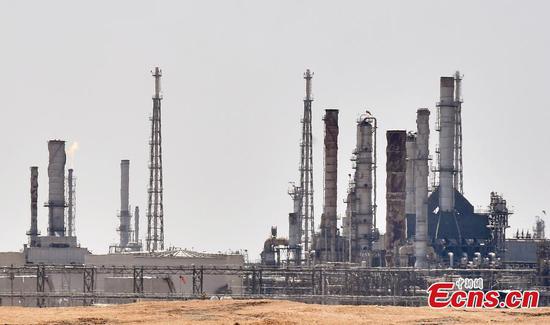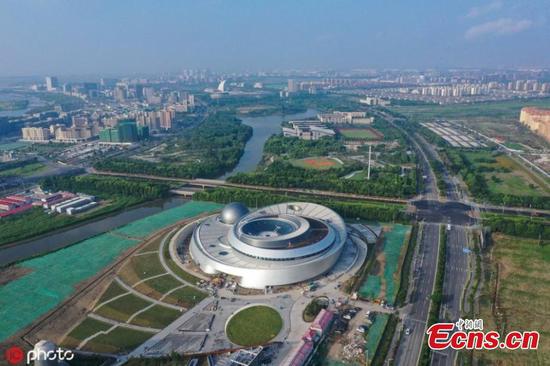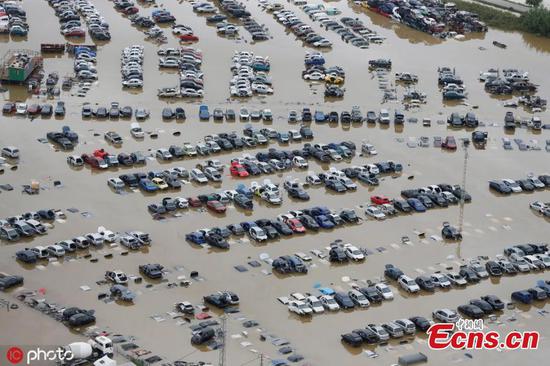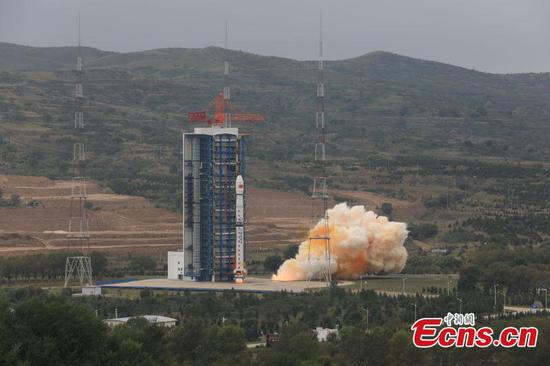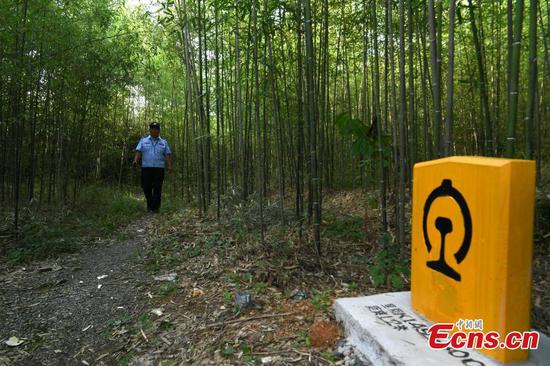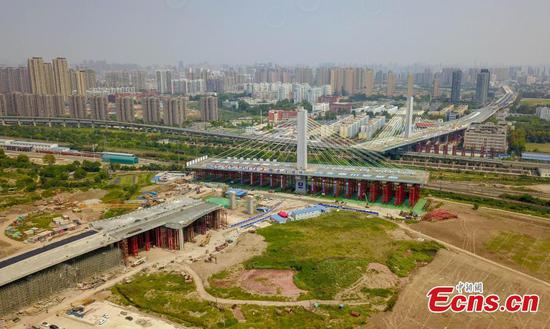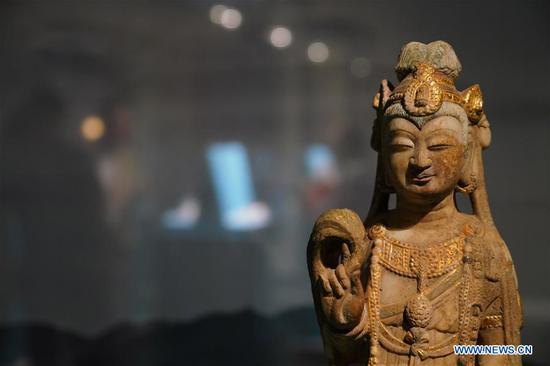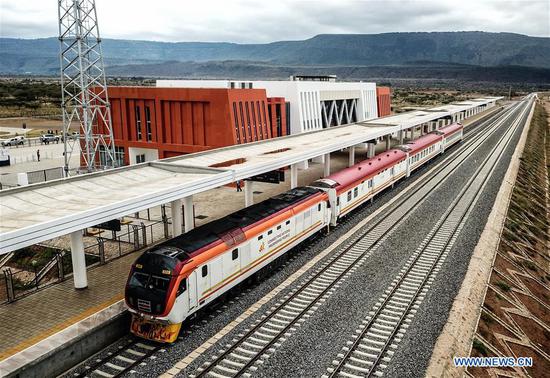
The photo collection titled "Leaping to the Eye" done by Beijing resident Zou Yi since January 27, 2013 to record the air quality of Beijing, China.(CGTN Photo)
A long way to go
Figures released by the World Health Organization in 2018 show that nine out of 10 people breathe air containing high levels of pollutants. Around seven million people die every year from exposure to fine particles in polluted air that penetrate deep into the lungs and cardiovascular system.
Ozone at ground level is one of the major constituents of photochemical smog. Excessive ozone in the air can have a deadly impact on human health. It can cause breathing problems, trigger asthma, reduce the function of lungs and cause lung diseases.
Facing a deteriorating environment, many countries have begun to search for solutions. Currently, more than 300 cities around the world have taken measures to promote application of new energy sources. The Chilean government, for example, purchased electric buses from China, aiming to achieve electrification of all buses by 2040.
"In many ways, electric buses will substantially improve the life quality of the Chilean people. They are eco-friendly, because they won't pollute the air when operating," noted Sebastián Pi era, president of Chile.
"2019 is an important year not only because the World Environment Day which was defined by China was about 'Air Pollution', but many countries are working on enhancing their national contribution to increase ambition for mitigating their climate," Borgford-Parnell said.









